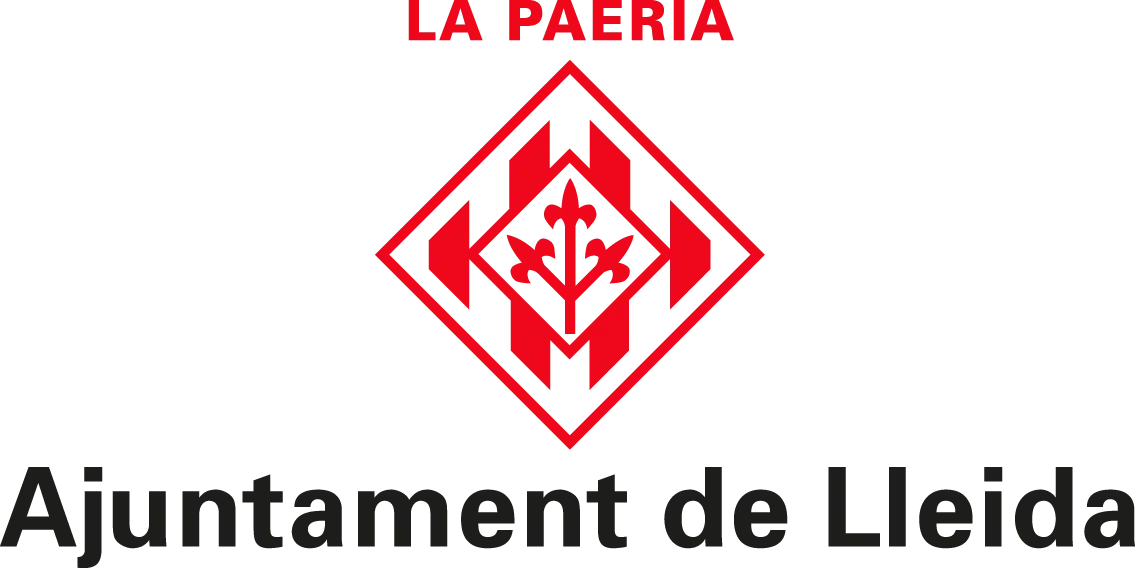Good Practice
Momentum Project
Right to play; family support; co-education; social cohesion; equity; autonomy; play as a universal language.
POLICY OBJECTIVE
- Play as a universal language Enhance family relations through quality time
- Stimulate creativity, imagination and selfdevelopment
- Support and promote networking among families through various activities
- Offer a neutral neighbourhood space and serve as an advocate of inclusion and transformation
- Provide recreational resources and foment the circular economy
- Inspire values like respect, solidarity, organisation, patience, sharing, etc.
- Promote cultural understanding and gender respect
CONTEXT
Toy libraries address a range of public needs and expectations.
For instance, some new parents seek orientation and would like to belong to a network of families where they can share their concerns.
Some families and single parents lack other support around issues of work-life balance. Some foreign-born families seek support to help their children adapt and be included. Some seek a space where they can enjoy quality time with their children.
POLICY DESCRIPTION
Zero- to twelve-year-olds their families. Also schools, other city entities and elderly people from specific projects. The service costs €20 per year. A special 50%-75% discount applies to large families and single parents.
Children up to four years old whose families are not present can receive assistance from professionals between 4.30pm to 7.00pm.
In the months ahead this service will be expanded to extend service hours till 8.30pm and open on Saturday mornings and afternoons.
KEY ASPECTS
- Schedule, implement and evaluate the Family Work Plan and Projects
- Select, catalogue and adapt play material and toys taking account of educational criteria
- Tailor Basic Operating Regulations to the specific needs of users and the environment
- Design and build games and educational materials.
- Encourage and stimulate play situations with children and families by giving advice on various play-related matters and the integral development of the child
- Convene the educational team for regular meetings and hold necessary meetings and coordination with the distinct groups near the toy library
- Detect possible social deficiencies and communicate them to Primary Care Social Services teams
RESULTS
- Roughly 700 children assisted (the expectation is to increase this number in the coming months)
- Five toy libraries in various zones of the city





